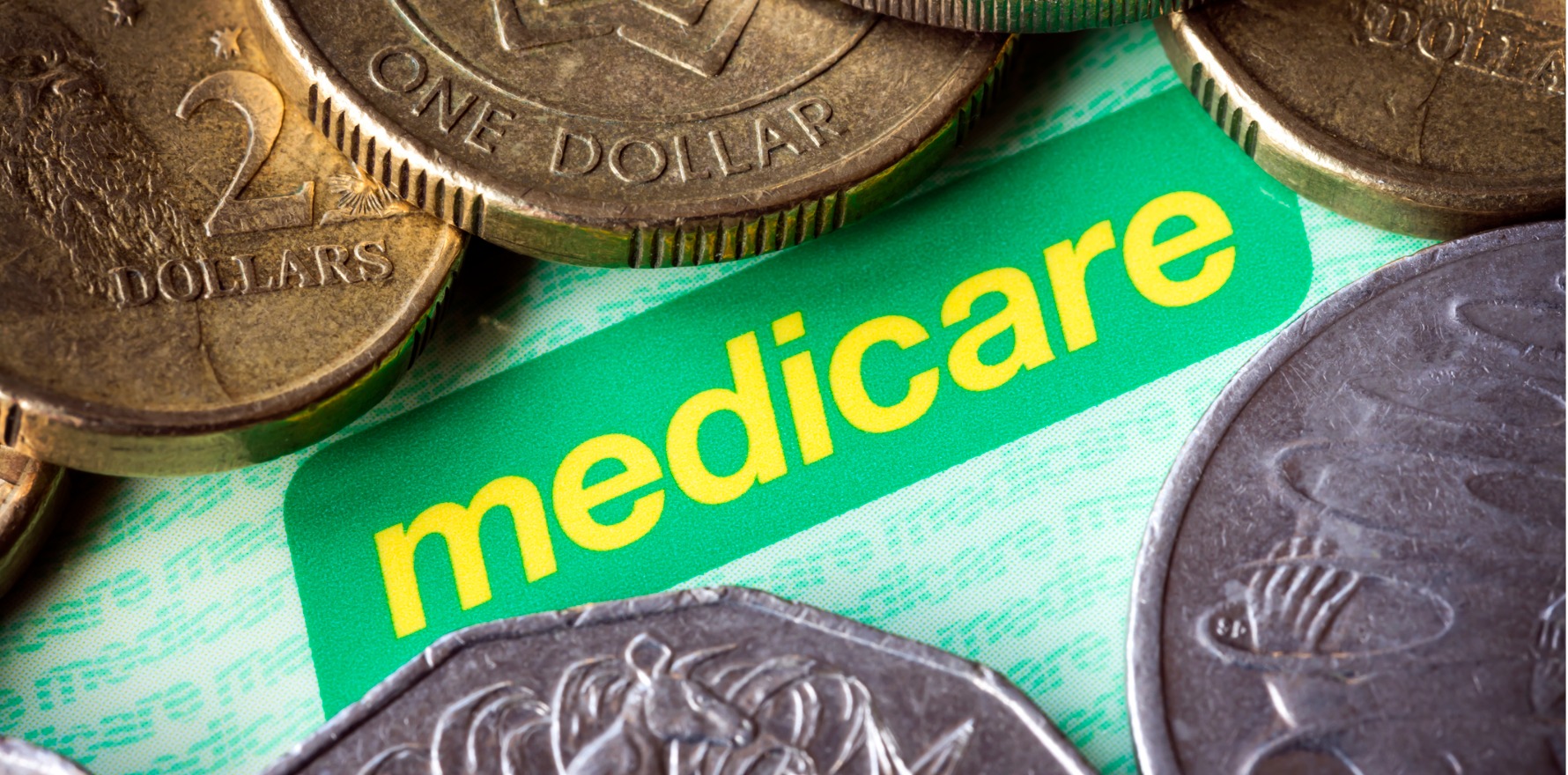The government has won a star for its health announcements, but it’s not quite the gold star it might have been hoping for.
The RACGP has applauded the federal budget’s $8.5 million investment in general practice and Medicare after “decades of underfunding” – but warned it was not enough.
Speaking to The Medical Republic from Canberra this morning, where she and other RACGP representatives have been based for a few days, vice-president Dr Ramya Raman said there had been nothing surprising in the budget when it came to health.
She said the government had demonstrated its commitment to rebuilding Medicare and general practice.
“We have welcomed the record $8.5 billion investment after decades of underfunding into Medicare, as well as in general practice,” she said.
“So it’s good that the government is recognising the value of general practice as well, for general practitioners.
“But the key thing is, you know, we are concerned that the government’s plan won’t deliver nine out of the 10 bulk-billed appointments.”
Dr Raman said patient Medicare rebates have not kept pace with the cost of care, as well as well as with inflation and the proposed incentives fell short.
“We need to meet the needs of chronic and complex chronic patients with chronic disease and complex care, and there’s a missed opportunity here to better support patients with chronic and complex health care needs,” she told TMR.
“What we need to see is an increase in the patient Medicare rebates, specifically for longer consultations and mental health consultations.
“Patient Medicare rebates need to increase actually cater for the needs of our community and our patients and the proposed incentives are simply not enough,” she said.
Dr Raman said the federal budget announcements recognised the importance of accessible and affordable general practice care for all Australia, and with more than 22 million Australians choosing to see a specialist GP every year for their essential health care the unprecedented investment to grow the GP workforce and additional Medicare funding was critical.
The government announced an investment of $7.9 billion in expanding bulk-billing incentives, which it said would, by 2030 lead to an additional 18 million bulk-billed GP visits each year.
This would mean nine in 10 GP visits were “free and bulk-billed”, with around 4800 GP practices fully bulk billing – triple the current number. This would save Australians about $859 million each year, the government said.
Related
The budget also committed $662.6 million to growing the health workforce with a focus on more doctors and nurses than ever before, including:
- The largest GP training program in Australian history, funding the training of 2000 new GP trainees a year by 2028.
- Salary incentives to encourage junior doctors to specialise as GPs and paid parental leave for trainee GPs.
- Hundreds of scholarships for nurses and midwives to extend their skills and qualifications.
Dr Raman said the RACGP welcomed these initiatives, saying they would mean “more Australian communities can access GP care close to where they live, removing barriers to junior doctors choosing a career in general practice and boosting the GP workforce across Australia”.
She also said the promised $793 million women’s health package, which covered key initiatives such as increased rebates for intrauterine devices and implants, menopause health assessments, and more funding for endometriosis and pelvic pain, was “a crucial step towards health equity”.
In relation to the budget announcement of $657.9 million commitment to open another 50 Medicare urgent care clinics and expand existing services in every state and territory, Dr Raman said the college wanted to see an evaluation of the program.
Under the budget plan, once all the clinics are open, 80% of Australians would live within a 20-minute drive of a UCC, federal treasurer Jim Chalmers said when handing down the budget on Tuesday night.
“We’re calling on funding to be considered and reviewed for general practices, for funnelling it into existing general practices,” she told TMR.
“We also need to look for an evaluation of these urgent care clinics.”
RACGP president Dr Michael Wright said while it was clear general practice was central to this year’s budget, and the plan had also been backed by the Opposition, it would not deliver the expected bulk-billing rates because patient rebates were still too low to cover the cost of care.
“There is a missed opportunity here to properly fund patient Medicare rebates to ensure affordable access to general practice care for all Australians,” he said.
“That’s why we’ve been saying for a long time that Medicare funding should be targeted to those who need it most, including the 61% of Australians living with chronic and complex illnesses.”
The RACGP’s plan for accessible, affordable general practice care for all Australia calls for a 25% increase to patient rebates for mental health, which are one of the most common consults, and a 40% increase to patient rebates for longer consults.
“The RACGP is committed to advocating for accessible, affordable general practice care for all Australia, because there is no substitute for the high-quality care you get from a GP who knows you and your history,” said Dr Wright.





